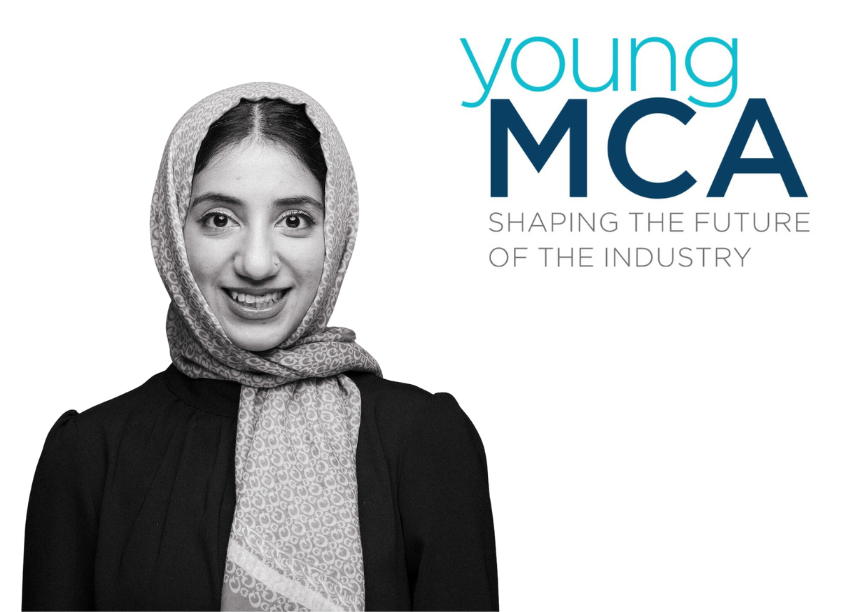Swaiba Saeed
Deloitte LLP
Last week, I went to collect my 7-year-old niece from her school, where I ran into the school’s head teacher. Upon seeing my hijab (head covered with a cloth), she wished me ‘Happy Ramadan’ and went on to ask how the Holy month in which ‘Muslims had big daily get-togethers and slept throughout the day’ was going for me.
I erupted into a big laugh, while thinking of all the back-to-back meetings I had attended since morning and went on to explain this misconception regarding the month of Ramadan to her. Not just me, but Muslims all over the world continue to take care of their responsibilities normally during Ramadan, albeit with more emphasis on religious practices and community building.
This encounter triggered a thought – living and working in a diverse society means witnessing cultures and practices that are completely foreign to us, but it does open up the opportunity for us to educate ourselves. This is not only beneficial to us individually, but also adds enormous value to us, as a whole.
Here are a few facts about this month. Muslims worldwide are obligated to fast every day; this entails not eating or drinking anything from dawn to sunset. There are exceptions for people who are elderly, sick, pregnant, or menstruating hence providing flexibility in observing this religious practice. In Islam, this month holds incredible importance, so Muslims dedicate greater time than normal for worship.
As this month draws to an end and the excitement for Eid begins (Happy Eid in advance to fellow Muslims), here are my few reflections over how this month unfolded for me. I’ve also highlighted the ways in which I was able to communicate my needs and was supported by my managers during this month.
Reflections
For those observing the month,
- Asking for flexibility in working hours is super helpful – do explore it with your team
Personally, I reached out to my manager to discuss flexible working hours and we decided that I could work output focused in this month rather than needing to work certain hours. So apart from my collaboration hours in the day, I worked at a time when I could gulp the most cups of tea/coffee
- Ask around for best practices in your community
Reaching out to fellow Muslims not only builds a sense of solidarity in the workplace but also helps you learn from each other’s experiences. I was reached out by a colleague off the back of my automatic replies (for flexible working in Ramadan) what that looked like for me. Discussing this gave us both more clarity on the best way to flex hours – alternatively, it helped to know that afternoon naps were very energising for those working while fasting
For those keen to support team members who are fasting,
- It’s okay to not know, but always better to ask! Genuine curiosity is always welcomed over assumptions
If you’re unsure about anything regarding the religious practices of a colleague, it is better to politely ask them rather than assuming. I’m sure they’ll appreciate it more. - Be kind, considerate and respect others’ boundaries – this could apply to religious practices or otherwise
- Look after others the way you’d like to be looked after; not only does this build trust and respect that transcend work duties but also creates long-lasting meaningful relationships.
For example, on one occasion for a webinar, my manager asked if I preferred her to do more content delivery, as I might find it harder with a parched throat. Although I was comfortable delivering, I did massively appreciate her watching out for me. Eventually, it is really the small things that really matter.
There really is no trade-off for looking after each other as humans and then colleagues. Giving each other the space to own their uniqueness and be authentic in the workplace only adds to the cultural richness, improves productivity and well-being levels. I am grateful to my manager and team for the support.

